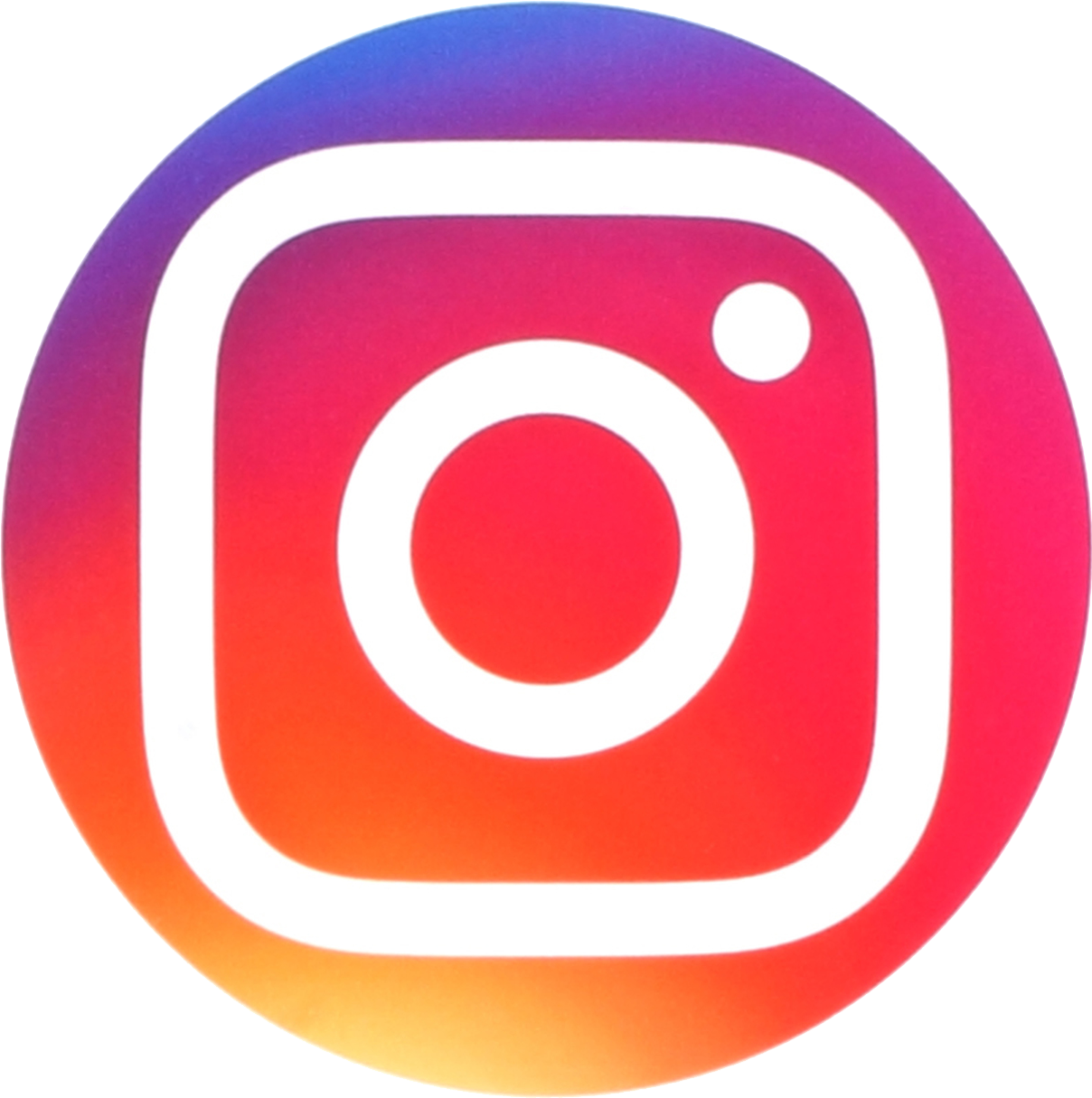Who is "Queer"?
Mar. 27, 2025
Apologies for disappearing again - when I set out to record my various collections, I realized I needed to conduct some proper Spring Cleaning before I could start. I am happy to report that my Spring Cleaning is now done and over with, and my living space is much more organized and inhabitable. My love-hate relationship with it, of course, has not changed, but that's something I'll probably explore some other time.
I do have a lot of thoughts I'd like to get out, here (mostly rants disguised as observations as the enshitification of the world continues) and the realization that I have the benefit of not having these posts passed around sans context the way they could be on Tumblr hit me a couple of days ago. I might actually feel comfortable detailing some of the abuse I witnessed and experienced in certain fandoms of yesteryear, simply because there are some things I've kept quiet about for YEARS in the name of civility, and it could be cathartic to finally share then. But, before I even start delving into the more unserious world of fandom drama and tech bullshit, I kind of want to make a follow-up to my first blog entry, because I think it's important to make sure people know where I stand.
Something I've started noticing in this newest wave of queer exclusionism is this manipulative way "infighting" and "inclusionism" are being framed. It seems our infighters have finally figured out that discrediting the concept of infighting and the harm it does benefits them and their shitty little attitudes. And a term I'm seeing more of lately is "radical inclusionism" to paint those who fight exclusionism within the community as people who also want to allow pedos and zoos into the community by proxy. This concept isn't new by any means - this is also more or less the accusation that was thrown at people who use the acronym MOGAI (Marginalized Orientations, Genders, and Identities) as opposed to LGBT, and of course the argument that queer people associate with and (by use of the slippery slope fallacy) demand rights for pedos and zoos to act out their fantasies is taken directly out of the conservative bigot's playbook. Great job, you guys!
But, of course, the internet remains the internet, and I definitely remember what it's like being a paranoid autistic teenager who was overly worried about what those around me actually thought and valued. And so, I wanted to talk a little about what queer is to me, and generally is to a lot of people like me, who have dedicated a lot of time speaking out against exclusionism and infighting. It's honestly very simple, and quite easy to apply to your principles.
Someone is queer if they:
1) Do not fall under all of these categories at once: heterosexual, heteroromantic, cisgender, and gender-conforming
2) Do not violate consent if they were to act on their attraction to others
This is why zoos and pedos will never be inherently queer - their attraction cannot be removed from the concept of rape (no matter how much they'll try to argue otherwise). I, admittedly, used to naively use the qualifier "does not harm others" as number 2 instead, but this came with a number of problems. Mostly, that it's more difficult to definitively measure harm than it is to define consent. People would call m-spec lesbians harmful (and, for a while, I believed them) and the vague concept of harm could also excuse and validate non-offending people who are inherently unable to act on their attraction without violating consent. Making consent the qualifier shuts down these arguments before they have a chance to start.
The whole concept of being marginalized in the first place comes with the qualifier of persecution without posing an inherent threat of harm to others, not simply just "persecution" on its own. ("Inherent" being another major keyword. Actively being a danger to yourself and others and INHERENTLY being harmful are two separate things.) This is why the paradox of tolerance exists and why it's even able to exist - people who are persecuted specifically because of their persecution of harmless individuals aren't marginalized. The issue, in this case, is just that we have a much better, more easily quantifiable term to use for queer people than "harm".
I think it's really important that we establish this line of thinking as a baseline for engaging with the world of discourse and infighting, because, yeah! when you're a teenager suddenly dropped into this intense, buzzword-filled debate space, it's really easy to get turned around and confused. It's especially easy for manipulative people to play on your morals, I already admitted that I wasn't immune from it, myself! But, I hope sharing this qualifier helped some people. I hope it makes queer spaces easier for you to navigate, and I hope it makes people easier to understand.



